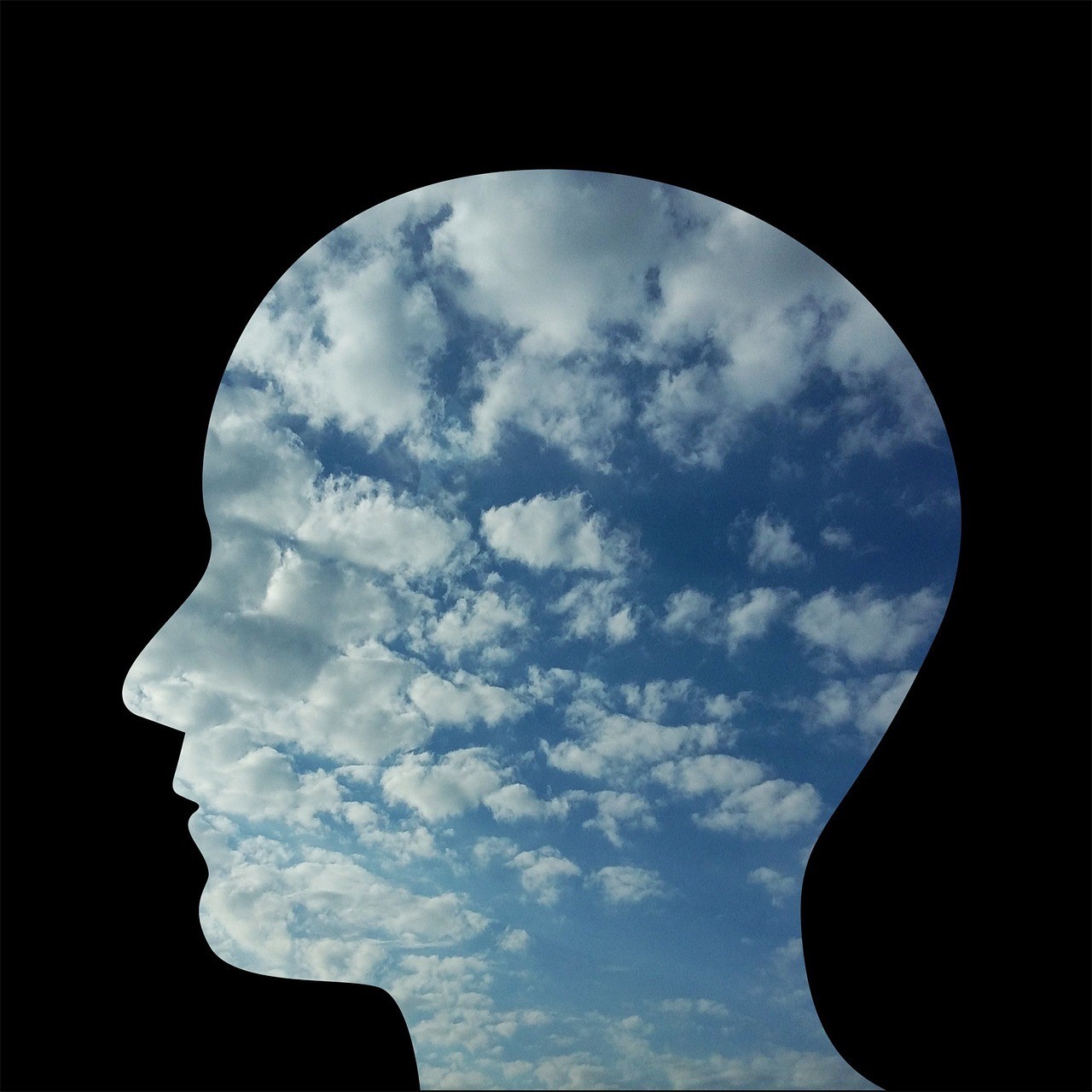
How to Help Young People Who are Struggling with Suicidal Thoughts
Young people are dealing with situations (e.g., gun violence, cyberbullying, and the pandemic) unimaginable to previous generations. Here are some of the risk factors for—and warning signs of—suicidal ideation.






